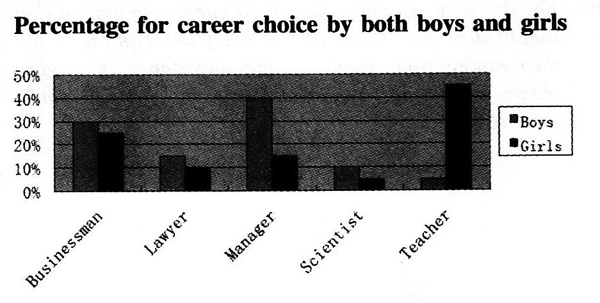Understanding the Differences Between Grant vs Loan: Which is Right for You?
In the world of financing, understanding the distinctions between a grant and a loan is crucial for individuals and businesses alike. Both options provide f……
In the world of financing, understanding the distinctions between a grant and a loan is crucial for individuals and businesses alike. Both options provide financial assistance, but they come with different implications, eligibility requirements, and repayment obligations. This article aims to clarify these differences, helping you make informed decisions about your financial future.
#### What is a Grant?
A grant is a sum of money given by an organization, government, or institution that does not require repayment. Grants are typically awarded to support specific projects, research, or initiatives that align with the goals of the granting body. For instance, educational grants may help students pay for college, while research grants fund scientific studies. The eligibility criteria for grants can vary significantly, often based on factors such as income, project type, or the applicant's background.
One of the most appealing aspects of a grant is that it provides financial support without the burden of repayment. This makes grants particularly attractive for students and nonprofit organizations that may lack the funds to initiate projects or cover educational expenses. However, obtaining a grant can be competitive, as many applicants vie for limited resources. Additionally, the application process often requires detailed proposals and documentation, which can be time-consuming.
#### What is a Loan?

In contrast, a loan is a sum of money that is borrowed and must be repaid over time, usually with interest. Loans can come from various sources, including banks, credit unions, and private lenders. They are commonly used for personal expenses, such as buying a car or financing a home, as well as for business purposes like expansion or equipment purchases.
The key feature of a loan is the obligation to repay the borrowed amount, along with any accrued interest, within a specified timeframe. This requirement can make loans a less attractive option for some individuals, especially those who may struggle with repayment. However, loans can provide immediate access to funds, allowing borrowers to address urgent financial needs or invest in opportunities that can yield returns.
#### Comparing Grants and Loans
When deciding between a grant and a loan, several factors should be considered:

1. **Repayment Obligation**: Grants do not require repayment, while loans must be paid back with interest. This fundamental difference can significantly impact your financial situation.
2. **Eligibility Criteria**: Grants often have strict eligibility requirements, which can limit who can apply. Loans may have more flexible criteria but will typically require a credit check and proof of income.
3. **Application Process**: The process for obtaining a grant can be lengthy and complex, requiring detailed proposals and documentation. In contrast, loans may have a more straightforward application process, often completed in a matter of days.
4. **Purpose of Funding**: Consider what you need the funds for. If your project aligns with a grant's objectives, it may be worth pursuing. However, if you need funds for personal expenses or a business venture, a loan might be more suitable.

5. **Impact on Financial Health**: A grant can improve your financial health without adding debt, while a loan can create financial obligations that may affect your credit score and future borrowing capacity.
In conclusion, both grants and loans serve important roles in financing various projects and needs. Understanding the differences between them can help you choose the best option for your financial situation. Whether you pursue a grant for educational purposes or a loan for a personal investment, being informed about your choices is key to achieving your financial goals.